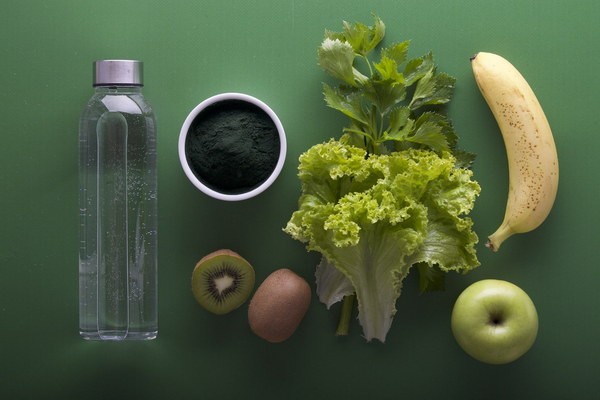Ginseng The Herbal Wonder for Liver Health and Wellbeing
In the realm of traditional Chinese medicine, ginseng has been revered for centuries for its myriad health benefits. Among these, the liver's well-being stands out as one of its most significant contributions. This powerful herbal root has been used to nourish and rejuvenate the liver, helping to maintain its optimal functioning. Let's delve into the world of ginseng and its remarkable effects on liver health.
Ginseng, scientifically known as Panax ginseng, is a plant native to East Asia, particularly in China, Korea, and Japan. It belongs to the Araliaceae family and is renowned for its adaptogenic properties, which means it helps the body adapt to various stressors and enhance its overall resilience. The liver, being the largest internal organ and a key player in detoxification and metabolism, greatly benefits from the rejuvenating effects of ginseng.
The liver plays a crucial role in the body's metabolism, detoxification, and blood production. It filters out harmful substances, such as toxins and bacteria, and converts them into harmless byproducts that can be excreted. This process is essential for maintaining good health and preventing diseases. However, the liver can become overwhelmed and damaged due to various factors, such as excessive alcohol consumption, poor diet, and environmental pollutants.
Ginseng has been used traditionally to support liver health in several ways:
1. Antioxidant Properties: Ginseng is rich in antioxidants, which help protect liver cells from oxidative stress caused by free radicals. Free radicals are unstable molecules that can damage cells and contribute to aging and disease. By neutralizing these harmful molecules, ginseng helps safeguard the liver from damage and promotes its rejuvenation.
2. Detoxification: The liver is responsible for detoxifying harmful substances, and ginseng can aid this process. Studies have shown that ginseng can enhance the liver's ability to metabolize and excrete toxins, thereby reducing the risk of liver disease and improving overall liver function.

3. Inflammation Reduction: Chronic inflammation is a significant risk factor for liver diseases, such as hepatitis and cirrhosis. Ginseng has anti-inflammatory properties that can help reduce inflammation in the liver, thereby reducing the risk of liver disease progression.
4. Enhanced Liver Metabolism: Ginseng has been found to improve liver metabolism, which can help prevent liver disease and promote overall liver health.
5. Enhanced Immune Function: The liver is a vital part of the immune system, and ginseng can help boost its immune function. A stronger immune system can better protect the liver from infections and diseases.
To harness the liver-boosting power of ginseng, it can be consumed in various forms, such as:
1. Ginseng Tea: Brew ginseng roots or extracts in hot water to create a soothing and rejuvenating tea.
2. Ginseng Extracts: Available in capsule or liquid form, ginseng extracts are convenient and easy to incorporate into daily supplements.
3. Ginseng Infusions: Infuse ginseng roots in hot water for a longer period to extract more of its beneficial compounds.
While ginseng offers numerous health benefits, it's essential to consult with a healthcare professional before starting any new supplement regimen, especially if you have underlying health conditions or are taking other medications. Additionally, it's crucial to choose high-quality, organic ginseng products to ensure the highest potential benefits.
In conclusion, ginseng is a remarkable herbal root that has been used traditionally to nourish and rejuvenate the liver. Its antioxidant, detoxification, anti-inflammatory, and immune-boosting properties make it an excellent choice for supporting liver health and overall well-being. Incorporating ginseng into your daily routine may help keep your liver in tip-top shape and contribute to a healthier, happier life.









